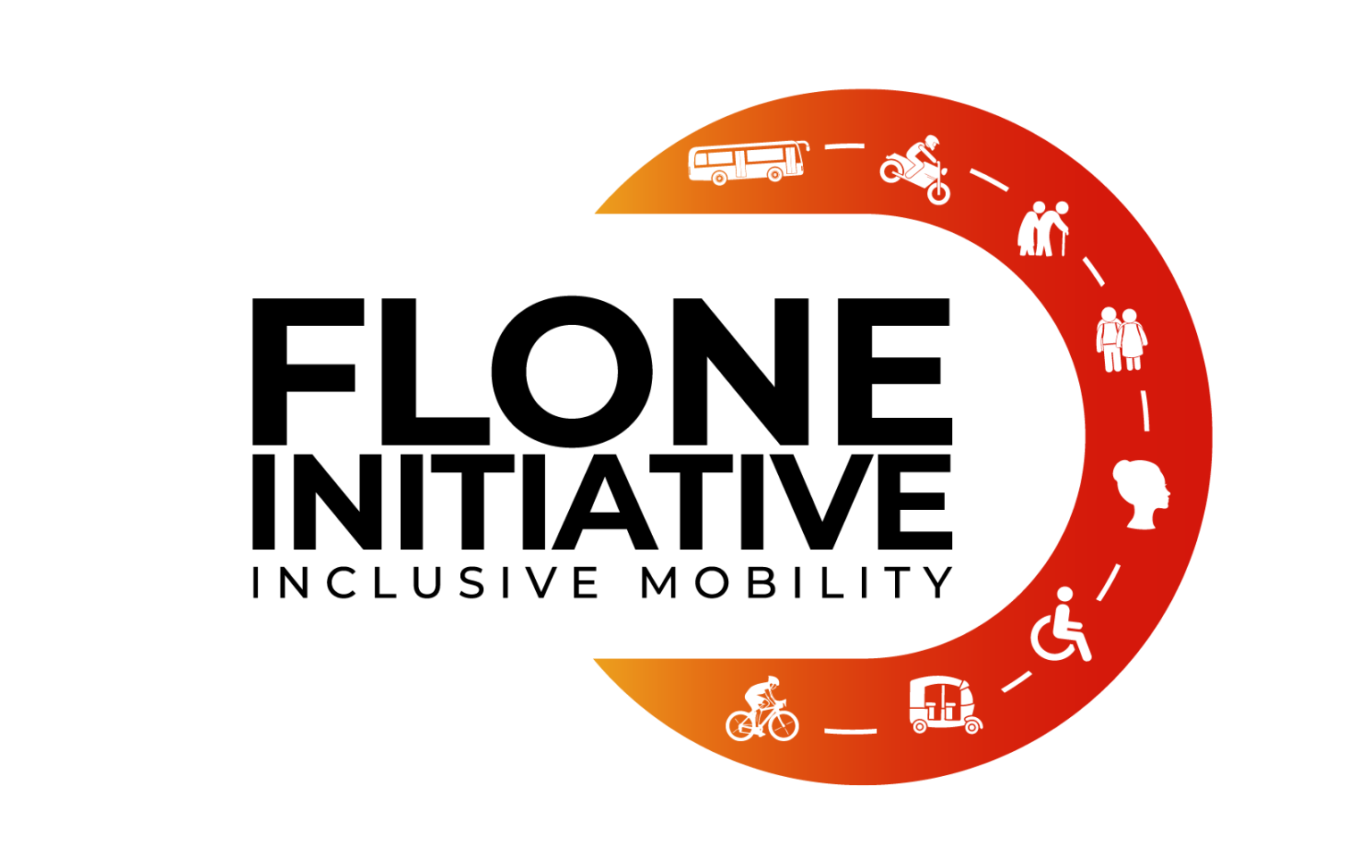Achieving a Gender-Just Transition in E-mobility requires ensuring equal participation, access, and opportunities for women. Women represent over 40% of the global workforce, contributing significantly to revenue generation and economic growth. However, women are underrepresented in mainstream formal employment and often relegated to administrative, temporary, and informal work, part-time work, unpaid care, and family work, resulting in social exclusion and increased poverty rates. (ILO, 2015)
Globally, the transport sector is ranked as the fastest-growing greenhouse gas (GHG) emitting sector and a contributor to air pollution. As such, the transition to green transport is a matter of urgency for countries to attain the 1.50c pathway by 2030. Other than improved public health, the transition to e-mobility, most importantly, presents an opportunity for women to be included in the resulting green jobs across the board.
In Kenya, the transportation sector is a high emitter, responsible for close to 11% of total greenhouse gas emissions in the country. Domestic road transport makes up the bulk of this, accounting for 10.97 million tons of CO2. The abundance of renewable energy in Kenya presents a unique opportunity to meet carbon mitigation goals through the utility of electric mobility.
However, the structural failures of the traditional transport in the representation of women will not be automatically fixed through this transition.There needs to be deliberate efforts to ensure the inclusion of women; this is to say, the shift to e-mobility requires a gender-just approach that addresses the gender gaps that are part of the present transport sector.
Attracting and retaining more women in the e-mobility sector will allow for better planning and design of systems and services that cater to the needs of various users as well as increase the perception of safety, in which case the current transport system has presented numerous safety and security issues for users, especially women. Increasing the representation of women in e-mobility throughout the value chain, including battery manufacturing, charging infrastructure, vehicle design and manufacture, and after-sale services (end-of-life cycle, recycling, maintenance), ensures just transition is achieved.
With e-mobility, the perception that transport jobs require physical strength is becoming less relevant as it mainly relies on technological advancement and innovation, offering a wide array of opportunities. Emphasis on the specialization of women in Science, Technology, Engineering, and Mathematics (STEM) academic disciplines is imperative in order to meet the e-mobility technical workforce needs. Mentorship and career fairs can attract more women to the technical fields, and to further promote the retention of women, enhancing the visibility of successful women in the sector will, in turn, encourage more women to remain in the sector despite the negative gender stereotypes.
Social enterprises in the e-mobility sector have a role to play in making the industry more attractive and women-friendly. This can be achieved by putting in place internal policies and goals that aim to attract, retain, and advance women in the sector and taking proactive actions to develop and advance female employees in the industry, which will ensure high retention in the industry.
At Flone initiative, launching the Women in E-mobility Network presents a chance to include women in the workforce, enhance the visibility of women professionals in the industry, and contribute to increasing the representation of women in the larger E-mobility ecosystem.
By bringing together diverse industry players,we have an opportunity to narrow the gender gap by ensuring equal representation of women throughout the value chain
